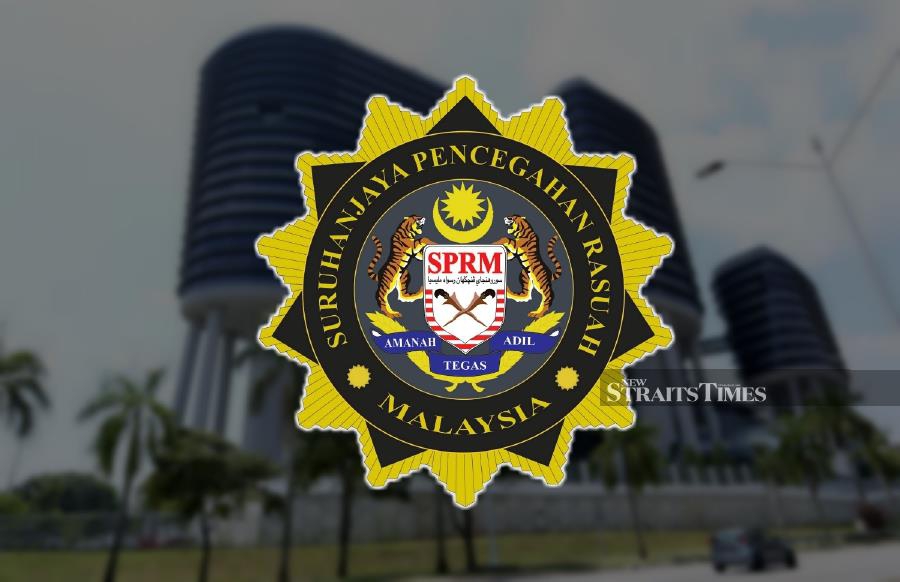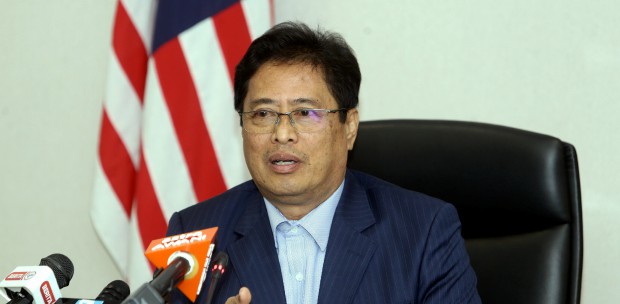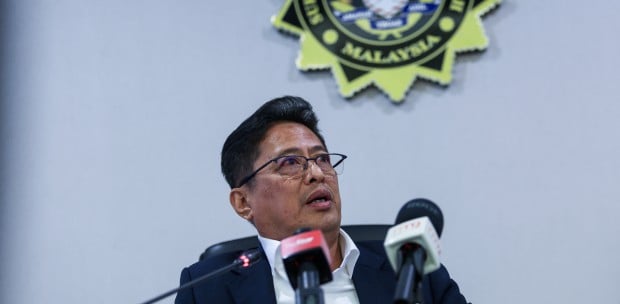A JOURNALIST called on Friday morning seeking my views on the controversy over the purchase of shares in a public listed company by the Malaysian Anti-Corruption Commission chief, Tan Sri Azam Baki.
I told him that since the matter is in the hands of the Securities Commission (SC), it is best that we withhold any comments.
Give the SC space to carry out investigations under the Securities Industry (Central Depository) Act 1991 (SICDA, also known as Act 453).
If criminal proceedings are initiated, Azam will have the opportunity in court to show he has not committed any wrong.
Meanwhile, the general rule applies to him and everybody else — a person is presumed innocent until proven guilty beyond reasonable doubt in a court of law.
Section 25, subsection 1 of SICDA states: "No person shall deal in deposited securities without first having a securities account."
Subsection 4 states: "Every securities account opened with a central depository shall be in the name of the beneficial owner of the deposited securities or in the name of an authorised nominee."
Under section 29A, "All dealings in respect of deposited securities shall only be effected by the beneficial owners of such deposited securities or an authorised nominee, as the case may be".
The journalist also asked me for my views about the MACC Anti-Corruption Advisory Board chairman's exoneration of Azam.
Tan Sri Abu Zahar Ujang told a press conference on Jan 5 that the advisory board was satisfied that the purchase of the shares was done on the open market with no conflict of interest, and the shares were transferred to Azam's brother, Nasir, in the same year.
After a lengthy discussion, the board members "were of the opinion that Azam had no pecuniary or beneficial interest in the shares", Abu Zahar added.
The advisory board's powers are limited. These are set out in section 13(5) of the MACC Act 2009, and referred to as the board's "Terms of Reference" in the MACC portal. They are as follows:
1. To advise the Commission on any aspect of the corruption problem in Malaysia;
2. To advise the Commission on policies and strategies to eradicate corruption;
3. To receive, scrutinise and endorse proposals from the Commission towards the efficient and effective running of the Commission;
4. To scrutinise and endorse resource needs of the Commission to ensure its effectiveness;
5. To scrutinise the annual report of the Commission before submission to the Special Committee on Corruption; and
6. To submit comments to the Special Committee on Corruption as to the exercise by the Commission of its functions under this act.
The Bar Council has taken a different stand, wanting a royal commission of inquiry to be set up immediately.
A news portal quoted Home Minister Datuk Seri Hamzah Zainudin as saying the police would also investigate the matter since reports had been lodged.
On Jan 8, a Malay language daily posed several questions. They include:
* Why did Azam still own the shares in March 2016 when Abu Zahar said the shares had been transferred to his brother in 2015?
* Did the board call all witnesses and gather all documents relating to the share issue after getting Azam's explanation?
* Why didn't the board ask Azam's brother to confirm the purchase and transfer, which were claimed by Azam?
* If Abu Zahar is satisfied that Azam had received money from Nasir to purchase the said shares, why did Nasir purchase another 3.7 million shares in Gets Global under his own name, and not through Azam?
* Can the board make a decision to exonerate Azam based on his explanation, and in only one meeting?
As I read the reports and comments in the media, I get a sense of public disappointment and confusion.
More questions were posed, demanding immediate answers. No matter, because in the end the truth always comes out.
The writer was a federal counsel at the Attorney-General's Chambers and visiting professor at Universiti Teknologi Malaysia. He is now a full-time consultant, trainer and author






